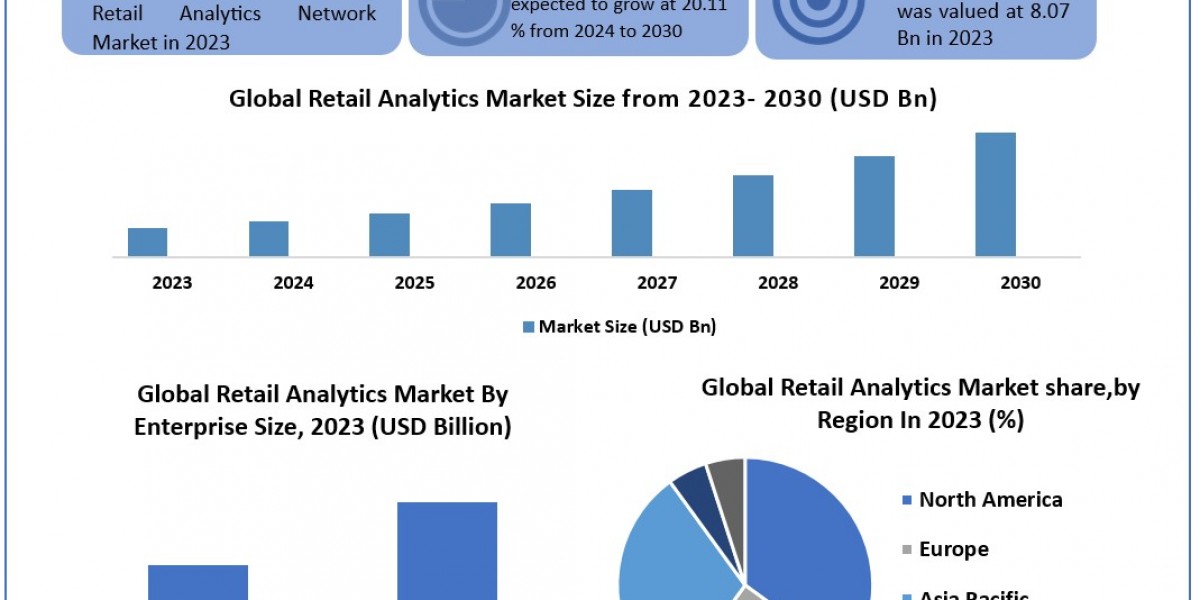The financial landscape is evolving rapidly, and wealth management technology is at the forefront of this transformation. Traditional wealth management services were once reserved for high-net-worth individuals with access to financial advisors and exclusive investment opportunities. However, the rise of fintech innovations has significantly democratized access to wealth management, making it available to a broader audience, including young investors, middle-class individuals, and small business owners.
In this article, we explore how fintech innovations are revolutionizing wealth management, improving accessibility, and reshaping the industry for the better.
The Rise of Wealth Management Technology
Wealth management technology refers to digital tools and platforms designed to help individuals and businesses manage their finances, investments, and assets efficiently. With advancements in artificial intelligence (AI), big data analytics, and blockchain, fintech firms are providing innovative solutions that simplify investment strategies, automate financial planning, and enhance user experience.
Some of the key fintech innovations that have made wealth management more accessible include robo-advisors, AI-driven financial planning, mobile wealth management apps, blockchain-based solutions, and open banking.
Robo-Advisors: Automating Wealth Management
One of the most significant fintech innovations in wealth management technology is the emergence of robo-advisors. These AI-powered platforms use algorithms to provide automated, data-driven financial advice, eliminating the need for costly human advisors.
Benefits of Robo-Advisors:
Low Cost – Traditional financial advisors charge hefty fees, while robo-advisors offer services at a fraction of the cost.
Accessibility – Anyone with an internet connection can access a robo-advisor platform and start investing with minimal capital.
Personalization – Algorithms tailor investment strategies based on user preferences, risk tolerance, and financial goals.
24/7 Availability – Unlike human advisors, robo-advisors operate around the clock, providing real-time insights and recommendations.
Companies like Betterment, Wealthfront, and Stash have gained popularity for offering user-friendly platforms that cater to both beginner and experienced investors.
AI and Machine Learning in Wealth Management
AI and machine learning are playing a crucial role in enhancing wealth management technology. These technologies process vast amounts of financial data to generate personalized investment strategies and predict market trends.
How AI is Enhancing Wealth Management:
Automated Financial Planning – AI-driven platforms analyze spending habits, income, and financial goals to create customized savings and investment plans.
Risk Assessment – Machine learning algorithms assess an individual's financial risk profile and recommend appropriate investment portfolios.
Fraud Detection – AI helps detect fraudulent transactions and unauthorized activities, enhancing security for investors.
Portfolio Optimization – AI-driven analytics continuously monitor and adjust investment portfolios to maximize returns.
AI-powered wealth management solutions have made financial planning more efficient, affordable, and accessible to the average investor.
Mobile Wealth Management Apps: Finance at Your Fingertips
The advent of mobile apps has further revolutionized wealth management technology by allowing users to track their investments, manage assets, and receive financial advice on the go. Apps like Robinhood, Acorns, and Personal Capital have simplified investment processes, enabling individuals to start managing their wealth with just a few taps on their smartphones.
Advantages of Mobile Wealth Management Apps:
Real-time Investment Tracking – Users can monitor their investment portfolios in real time and make instant decisions.
Micro-Investing Features – Apps like Acorns allow users to invest spare change from daily purchases, making investing effortless.
Educational Resources – Many apps provide tutorials, insights, and market updates to help users make informed financial decisions.
Enhanced Security – Biometric authentication, encryption, and AI-driven fraud prevention ensure the security of users’ financial data.
With mobile wealth management apps, financial planning is no longer confined to traditional institutions; it's now in everyone's pocket.
Blockchain Technology: A Secure and Transparent Solution
Blockchain is another game-changer in wealth management technology, providing enhanced security, transparency, and efficiency in financial transactions. This decentralized ledger technology enables peer-to-peer transactions without the need for intermediaries, reducing costs and increasing accessibility.
Impact of Blockchain on Wealth Management:
Smart Contracts – These self-executing contracts automate financial agreements, reducing paperwork and eliminating the need for intermediaries.
Tokenization of Assets – Blockchain allows for fractional ownership of assets, making high-value investments more accessible to smaller investors.
Improved Security – The decentralized nature of blockchain ensures that financial records are tamper-proof and resistant to fraud.
Cross-Border Transactions – Blockchain simplifies international investments by reducing processing times and transaction fees.
Companies like Coinbase, Binance, and Ethereum-based platforms are pioneering blockchain solutions in the wealth management space.
Open Banking: Empowering Consumers
Open banking is another critical fintech innovation that enhances wealth management technology. By allowing third-party financial service providers to access banking data through secure APIs, open banking promotes financial transparency and competition.
Benefits of Open Banking for Wealth Management:
Personalized Financial Insights – Users receive tailored financial recommendations based on their spending habits and income patterns.
Seamless Integration – Open banking enables the integration of various financial accounts into a single dashboard for better financial planning.
Competitive Investment Opportunities – Consumers can compare different financial products and choose the best investment options.
Greater Financial Control – Users have more control over their financial data and can make more informed decisions.
With open banking, consumers have better access to financial services, making wealth management more inclusive and efficient.
The Future of Wealth Management Technology
The future of wealth management technology looks promising, with continuous advancements in AI, blockchain, big data, and open banking. As fintech companies innovate further, wealth management will become even more accessible, cost-effective, and user-friendly.
Emerging Trends to Watch:
Hyper-Personalization – AI-driven financial advisors will offer even more tailored investment strategies.
Integration of Cryptocurrency – Digital assets will play a more significant role in diversified investment portfolios.
Decentralized Finance (DeFi) – Blockchain-based financial services will eliminate intermediaries and further reduce costs.
Voice-Activated Wealth Management – AI-powered voice assistants will provide hands-free financial guidance.
With these innovations, the barriers to wealth management are continuously being dismantled, empowering individuals to take control of their financial future.
Conclusion
Fintech innovations are reshaping wealth management technology, making financial planning and investing more accessible than ever before. Robo-advisors, AI-driven financial planning, mobile wealth management apps, blockchain solutions, and open banking have democratized access to wealth management, ensuring that individuals from all financial backgrounds can effectively grow and manage their wealth.
As technology continues to evolve, the future of wealth management will be even more inclusive, efficient, and cost-effective, enabling more people to achieve financial independence. By embracing fintech solutions, individuals can leverage the power of wealth management technology to secure their financial future with ease and confidence.








